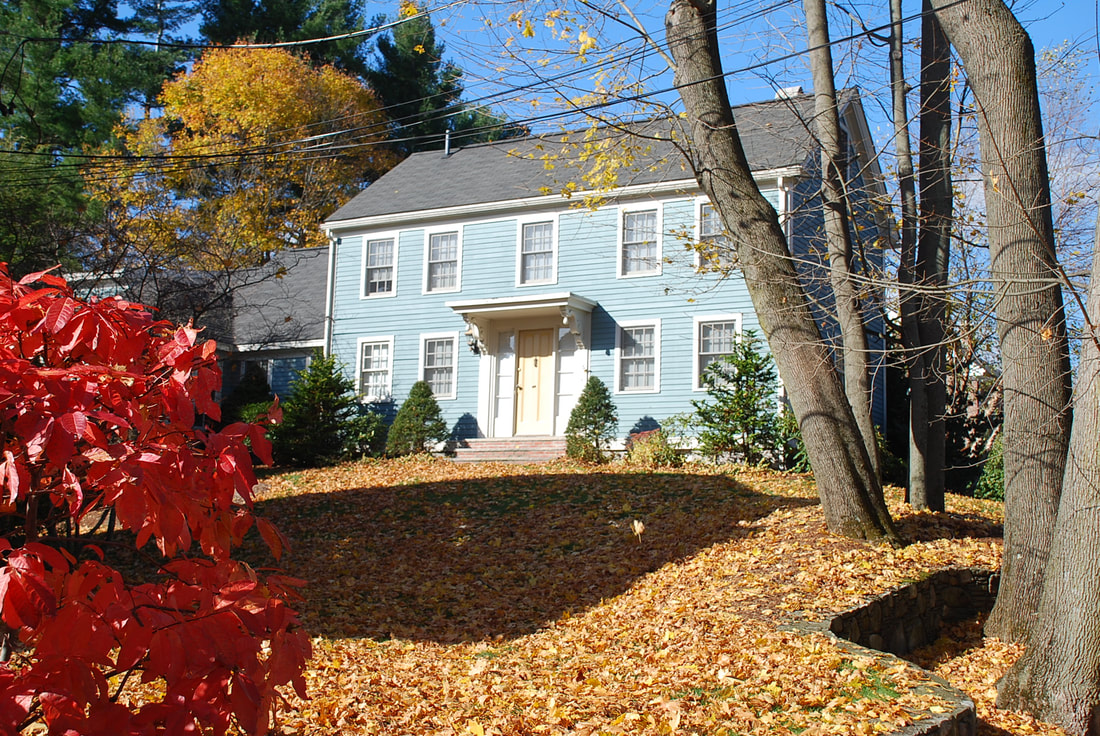When Paul Theroux reviewed my book Huddle Fever in the New York Times, he ended it with this curmudgeonly, Therouxesque suggestion: "Perhaps Ms. Schinto will write a similar book about smug little Andover." I had revealed in the final chapter that after ten years of living in the old, bereft, textile-mill city of Lawrence, Massachusetts, I had moved to Andover, the well-appointed, colonial-era, prep-school town next door. That my husband and I had ended our days in the so-called Immigrant City in, as Mr. Theroux put it, "disappointment, confusion, alarm and flight" was truer than I liked to admit. I was more than happy to leave the police sirens, fire engines, and car alarms behind, and I rather liked the quiet peace of Andover. Did that then make me smug, too? Undeniably, I felt smug on my daily walk past 66 Poor Street, the circa 1830 Joseph Poor farmhouse, known as a stop on the Underground Railroad -- as if the mere act of buying property a block away from a structure involved in such a noble cause meant that I had done something commendable. It was only after the election of Donald J. Trump deepened our already-calamitous cultural and political divides that I began to own up to the error of my irrational wishful-thinking ways. Smug was not what I wanted or needed to be about anything. I thought about Joseph Poor. In a similarly divided time he had made a difference. How could I make one, too? I knew I was not capable of an act even remotely as courageous as his. I was a writer, not a saint. But, I decided, making his example more widely known might be useful, even inspirational to someone better qualified than myself for potential canonization. And so I made an appointment at my local historical society, where I hoped good information about my neighborhood hero could be found.
To be continued.
To be continued.

 RSS Feed
RSS Feed
